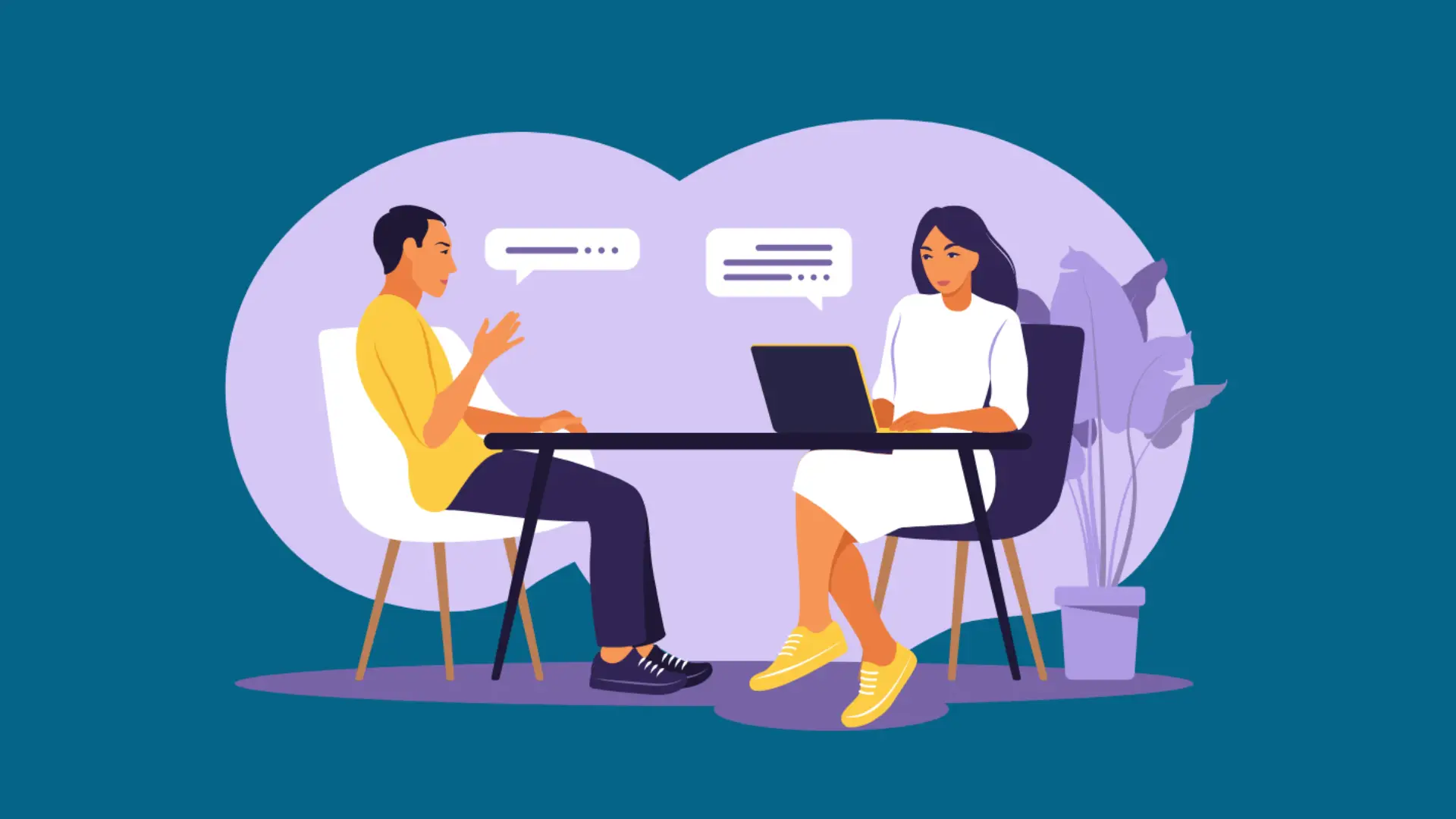The best way to prepare for an interview is to do your research. Know the company inside and out, and learn about the company and the position you are interviewing for. Review the company website, read recent press releases and news articles, and familiarize yourself with their products and services.
Review your resume and practice answering common interview questions. Prepare a list of questions to ask the interviewer. This will show that you’ve done your research and that you’re genuinely interested in the company and the position. Review your resume and practice answering common interview questions.
Be prepared to talk about your skills, experience, and why you are a good fit for the job. Dress professionally and arrive on time. Make a good first impression by being polite and respectful to everyone you meet, from the receptionist to your interviewer. Practice your interviewing skills. Rehearse your answers to common interview questions, and be prepared to discuss your past work experiences, education, and goals.

Bring copies of your resume and references. It’s always a good idea to have extra copies on hand in case the interviewer wants to see them. Avoid speaking negatively about past employers or colleagues, and stay positive throughout the interview. Thank the interviewer for their time and follow up with a thank-you note.
Types of Interview
Types of Interviews, There are actually different types of interviews, such as face-to-face interviews, phone call interviews, and video call interviews.
Face-to-Face Interview
A face-to-face interview is a meeting between an employer and a job seeker in which they discuss the job seeker’s qualifications and experience. There are many things to consider when preparing for a face-to-face interview. Be prepared to answer questions about your work history, education, and skills. Be sure to ask questions about the company and the position, and express your interest in the job. Thank the employer for their time at the end of the interview. It is the traditional and still most common form of an interview.
Telephone Interview
A telephone interview is a great way to save time and money when you’re looking for a job. You can conduct a telephone interview from anywhere with a phone and internet connection. The telephone interview is a technique used by employers to screen job applicants. It is a brief conversation, typically about 10-15 minutes long, in which the employer asks a few questions to determine if the applicant is qualified for the position.
Video Call Interview
Interviewing through video calling has gained prominence since the time of the COVID-19 pandemic because, during the lockdown (COVID-19), interviews and all office work have been done through video calling. A video call interview is a great way to connect with a potential employer without having to leave your home.
Make eye contact with the interviewer and smile to show that you are engaged in the conversation. If you need to take a break or have a question, let the interviewer know and apologize for interrupting. Thank the interviewer for their time at the end of the call and follow up with a thank-you email soon afterwards.
Prepare for Interview
Below we discuss how to prepare for an Interview and crack the interview.
1. Practice
You can do a mock interview test to get an idea about something before doing it for real. By doing this, you will be able to show off your skills even more. You can even improve your performance by writing it down, practising it, or discussing the questions and answers. It is also important to practice answering potential questions that may be asked. You can do this by practising with a friend or family member, or by using resources.
2. Good Impression
It’s important to make a good impression during an interview. You want the interviewer to see you as a qualified candidate. If you’re late, it shows that you’re not reliable and that you don’t respect the interviewer’s time. Be positive and enthusiastic. Smile, make eye contact, and act interested in the job and in what the company has to offer. You must have good body language and clear answers to all questions.
3. What to take for Interview
For Face-to-Face Interview:
- Notebook & Pen.
- Your CV (Bio-Date) & Application form.
- Academic Qualification Certificate & Marsheet, or Work Experience (if any).
- Any Government Identity Card (Adhar Card/ Pan Card/ Voter Card/ Driving Licence).
Video Call Interview (Online):
- Computer/ Laptop.
- Good Internet Connection.
- Headphone/ Earphone.
- Microphone.
4. What to Wear
When you are getting ready for a job interview, it is important to dress appropriately. You want to dress in a way that makes you look professional and competent. Dress professionally. Wear a blazer or suit jacket, dress shirt, and dress pants. Choose clothing that is comfortable and fits well. Make sure your clothes are clean and wrinkle free and wear closed-toe shoes. If the company has a more formal dress code, then dress formally yourself. If the company has a more casual dress code, then opt for something more casual but still professional.
5. After the Interview
After the interview, be sure to send a thank you note to your interviewer. This is a good opportunity to reiterate your interest in the position and express gratitude for your time.
Final Word
The points we have discussed above will hopefully help you succeed in any interview. In order to pass any interview, first of all, you need to make a good impression on the interviewer be it in your speech, and your dress. You should try to answer most of the questions and keep your body language correct.
If you like this post then definitely comment and share the post with your family or friends.